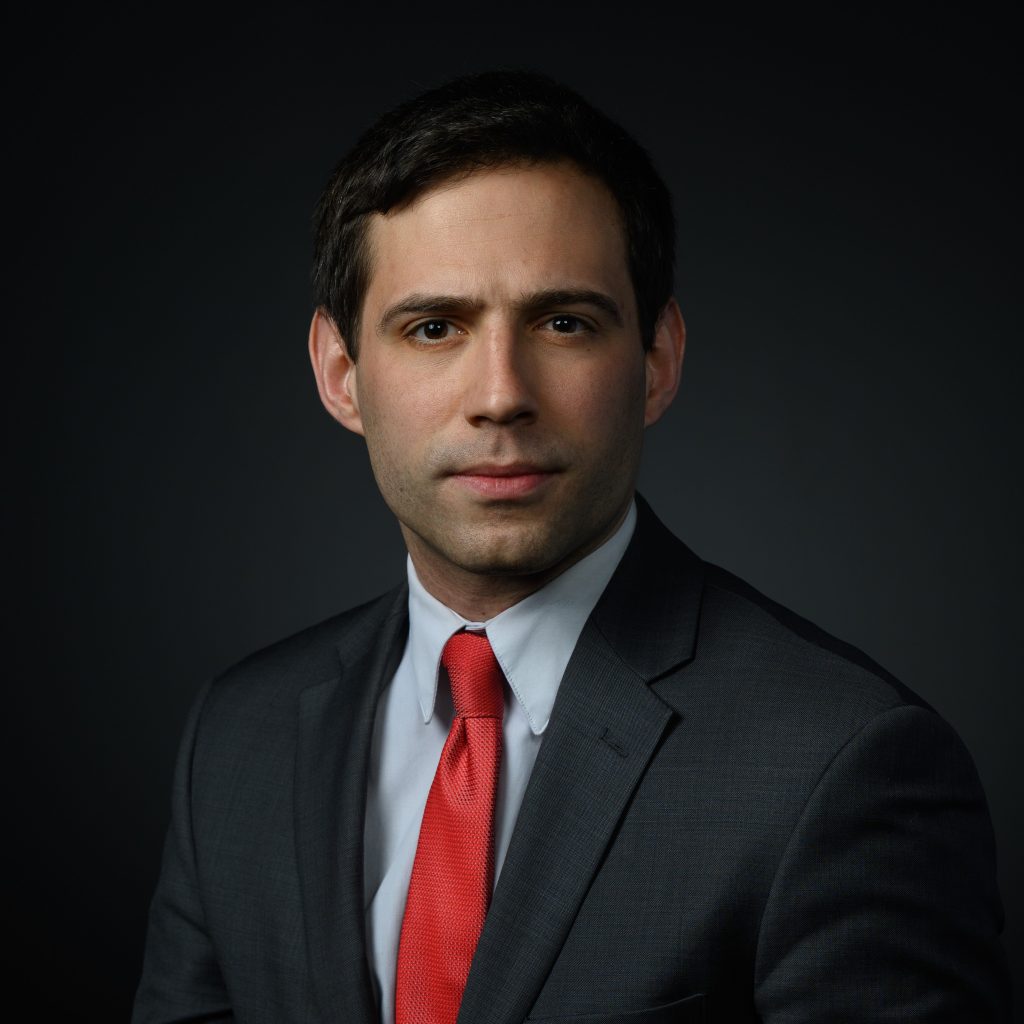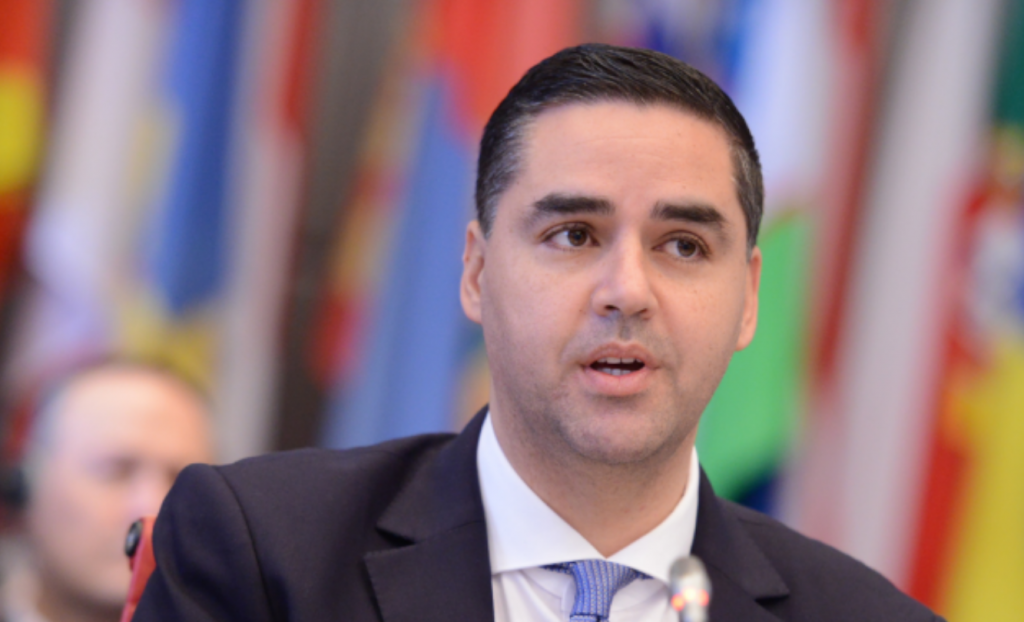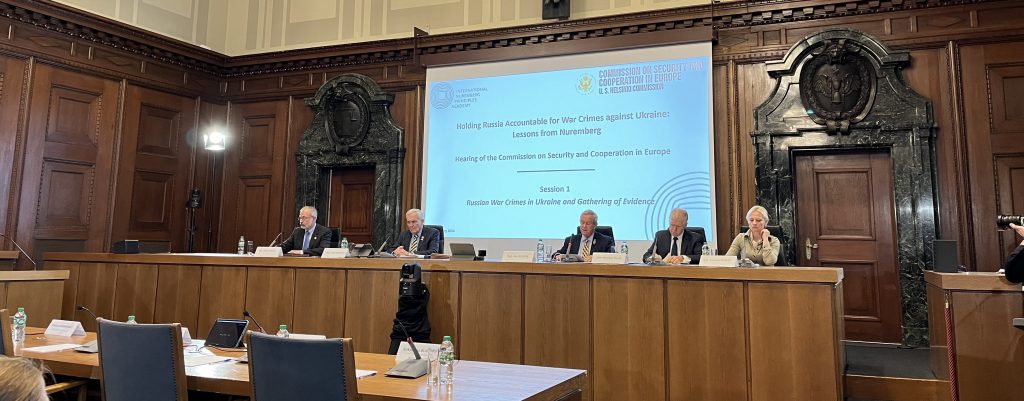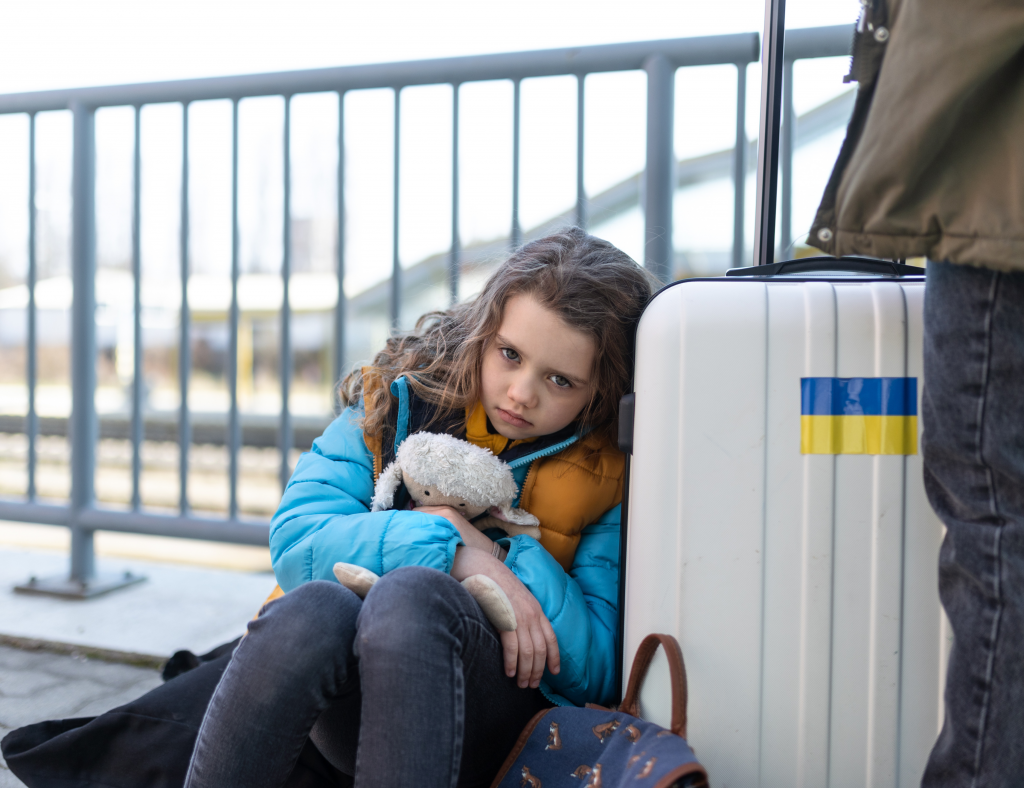What was a Russian military plane doing taking pictures over Washington, DC? Arms control experts Alexandra Bell, Senior Policy Director at the Center for Arms Control and Non-Proliferation, and Anthony Wier, Legislative Secretary for Nuclear Disarmament and Pentagon Spending at the Friends Committee on National Legislation, discuss the Treaty on Open Skies. The Open Skies agreement fosters inter-military transparency and cooperation among 34 different countries—including the United States and Russia—by allowing participants to overfly each other’s territory to record and share imagery of military and other installations. During the episode, Bell and Weir outline the role of Open Skies in the Euro-Atlantic security architecture, the treaty’s benefits, the complexity of execution, and current challenges in implementation.
“Helsinki on the Hill” is series of conversations hosted by the U.S. Helsinki Commission on human rights and comprehensive security in Europe and beyond. The Helsinki Commission, formally known as the Commission on Security and Cooperation in Europe, promotes human rights, military security, and economic cooperation in 57 countries in Europe, Eurasia, and North America.






